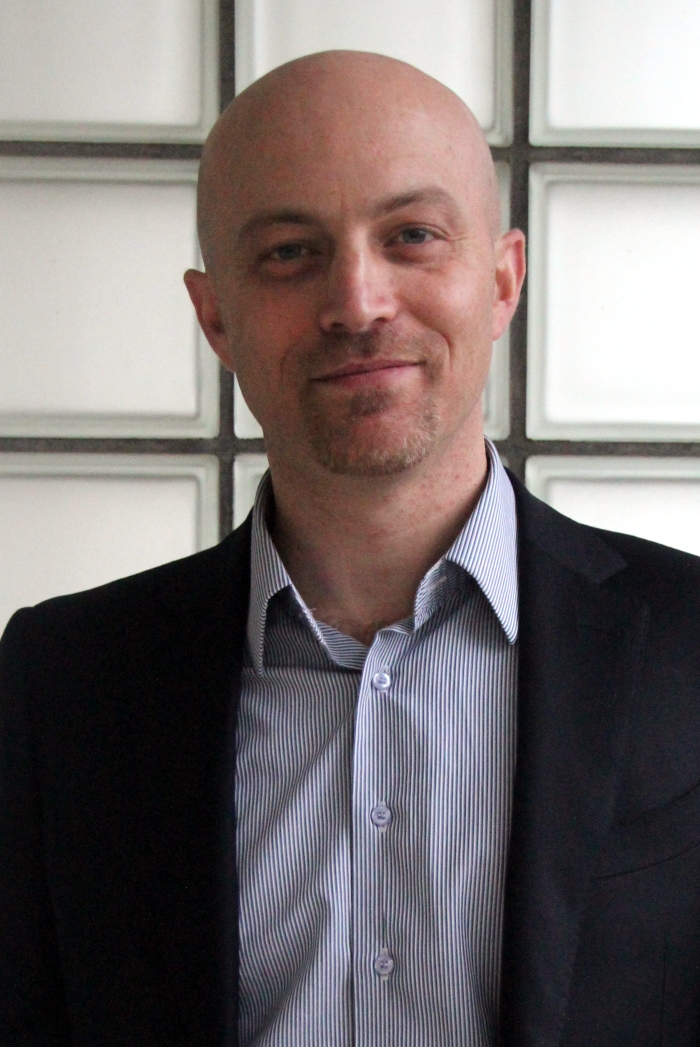As Poland continues to develop its “Innovative Economy,” a key question arises: should the government play an active role in generating this type of innovative ecosystem, or should it sit back and let the private sector do what it does best?
Hidden in this dilemma is also a more controversial question – can it indeed (a government) perform such a task…
While conventional wisdom would suggest that governments, so often plagued by bureaucracy and red tape, would be the last thing one would expect to catalyze creativity and innovation, the partnership between the Israeli government and our hi-tech sector has actually played a key role in driving our “Startup Nation” forward. This unique public-private partnership has been a model of innovation itself, one which many other governments have emulated.
At the center of this partnership stands our Office of the Chief Scientist (OCS) in the Ministry of Economy. As Chief Scientist Avi Hasson says, “We have no business plan other than innovation.” Indeed, it is his role to keep Israel at the forefront of innovation worldwide.
The following are several ways in which our Chief Scientist works to spur innovation in our knowledge-based ecosystem, which could prove very useful on Poland’s path to developing its “Innovative Economy.”
Take Risk. Governments have the capacity to cope with much higher levels of risk than investors or entrepreneurs. One of the OCS’s primary missions is to offer crucial funding to those types of high-risk projects which the private sector would never touch. As Chief Scientist Hasson says, “When our committee classifies a project as ‘innovative and high-risk,’ we all get very excited.” Our government puts up hundreds of millions in loans and grants to startups without asking for equity, only a modest percentage of royalties should the business succeed. We’ve backed scores of companies that may have sounded like longshots, but ended up turning into world leaders – take for example Waze, the revolutionary navigation app that sold to Google for around $1B. Turns out, for every shekel we give, the economy gets a 5-10x return. That’s a model that can’t be ignored.
Don’t Fear Failure. This goes hand-in-hand with risk-taking. From the perspective of the OCS, even those ventures that fail should be looked at as successes. Take Modu for example, an Israeli company founded by Dov Moran, the entrepreneur who invented the first flash drive. Modu created the world’s smallest cellphone, but the product never took off and the company eventually closed – seemingly a failure. But more than 30 startups emerged in its wake based on the knowledge created and experience gained by its staff, creating jobs and enormous value. In this light, Modu can be looked upon as successful as Waze! The government’s perspective is very different than a private investor, as well it should be.
Incubate. Early on, the Israeli government instituted a series of innovative programs which bolstered the local high-tech industry, foremost being the “Yozma” initiative developed by the OCS that offered funding to offset risks in the development of early stage technologies and encourage foreign investment. This cutting-edge program has been credited with jumpstarting Israel’s venture capital industry and with generating Israel’s unique startup incubator program. The incubator program continues to bear enormous fruit – nearly 2,000 startups have graduated over the years from incubators in such varied fields as cyber-security, media, biotech, water technology, cleantech, healthcare, food-tech, and many others.
Bolster research. Most R&D projects fail – both technologically speaking, but also in terms of commercial return to investors. That is exactly why the government has a key role in encouraging R&D as a long-term, capital-intensive investment. Our government allocates nearly 4.5% of its annual GDP to R&D, the highest percentage in the world – and it has paid off. According to research, for every shekel allocated for R&D, two to three times that amount was generated. And this type of benefit must be spread across the board – from fledgling projects with a kernel of an idea to multinationals with innovative projects.
These are just a few of the ways that our government has been able to cultivate our knowledge-based economy. Our next column will explore additional ways the public sector can potentially bolster an “Innovative Economy.”
(Off course, within these highlights can be found answers to the hidden question as well.)
With all this said the Israeli Office of the Chief Scientist continuously explores new innovation growth challenges by monitoring its supporting tools and reviewing new strategies.
More on this topic in Israel’s first Innovation Report published by the Chief Scientist office.
Companies, M&As and Exits
Teva Pharmaceuticals, Israeli based generic drugs producer, Bids $40 Billion to acquire Its rival Mylan.
This month’s featured company: BriefCam (www.briefcam.com)
BriefCam meets the global unmet need to browse video, investigate and identify incidents rapidly, and take action. BriefCam’s Video Synopsis technology gives users 24 hours in a minute, BriefCam’s vision is to provide users with the ability to review video quickly — as a matter of routine, on-demand and proactively — and in so doing, realize the potential of their recorded video.compacting hours of events into a “brief” that takes just a few minutes to review.
Briefcam acquired a total of $14.3 Million in 3 Rounds from 3 Investors (Motorola Solutions Venture Capital, Rimage, Aviv Venture Capital).
Companies who wish to benefit from the lessons of the “Startup Nation” and learn more about business opportunities with Israel can contact us at the Israeli Economic and Trade Office: www.itrade.gov.il/poland/
Tal Harmelin
